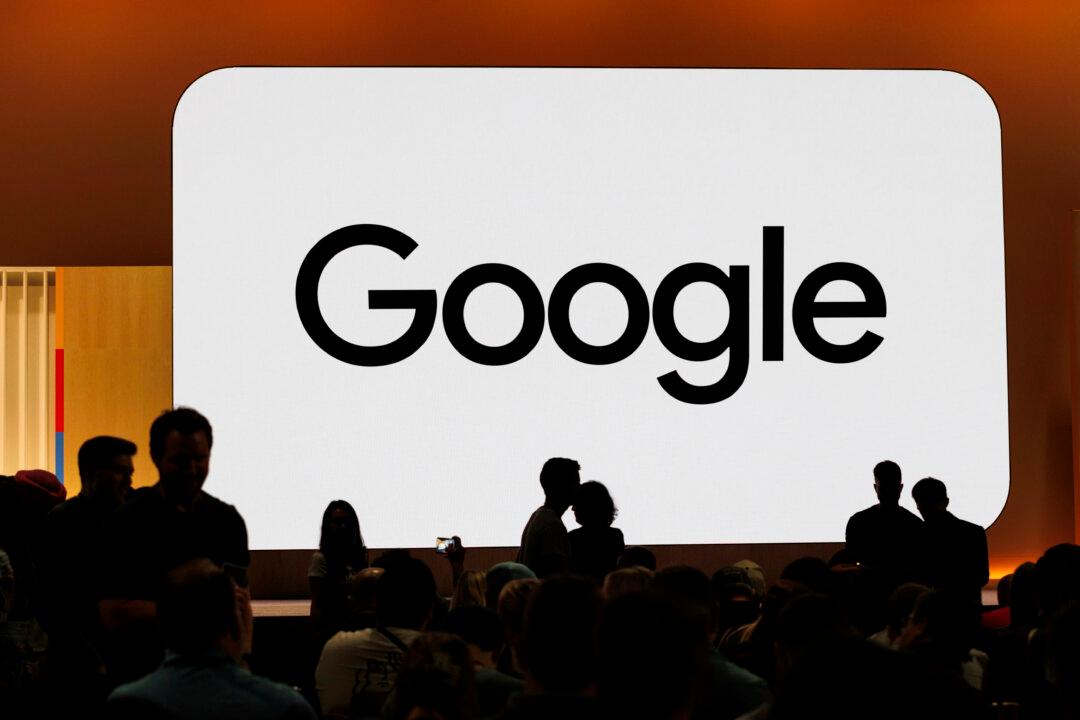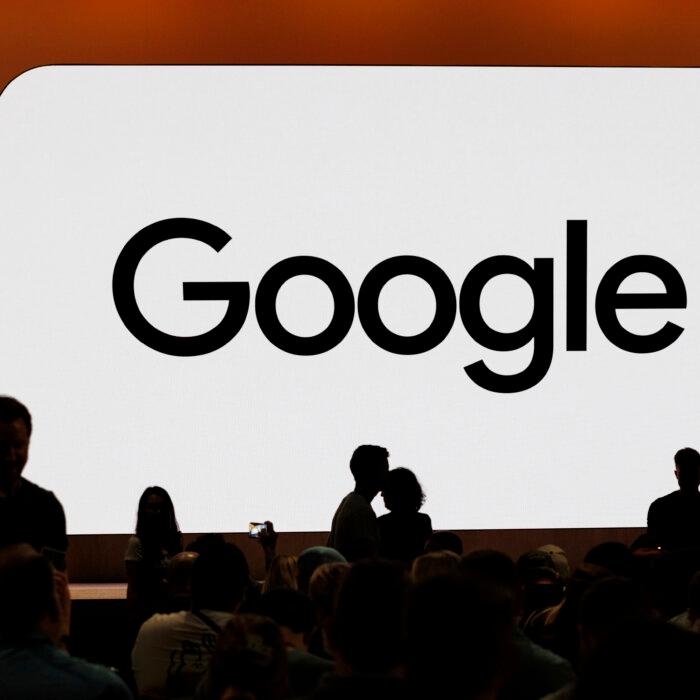Google has offered to tweak its search results in Europe, after several smaller rivals complained about getting lower traffic to their search engines.
European Union antitrust regulators are also considering levying charges against the company under the Digital Markets Act (DMA).
Under the legislation, which came into force last year, Google is not allowed to favor its own products and services on its platform.
The world’s most popular internet search engine previously tried to address conflicting demands from price-comparison sites, hotels, airlines, and small retailers.
But three industry groups said the number of people clicking on their direct bookings have fallen by 30 percent since Google made the changes.
If found in violation of the DMA, Google could be fined as much as 10 percent of its annual global turnover.
Bethell said Google would allow users to choose between comparison sites and supplier websites, and allow rivals to show prices and pictures on their websites, and new ad units for comparison sites.
“Over the past three years we have engaged extensively with the European Commission and industry, including hosting more than 100 conferences and roundtables to seek feedback on these and other DMA changes,” he wrote.
“We acknowledge that the DMA requires some significant changes to our online services in Europe, but we do not believe that the end goal is to prevent search engines from innovating and competing.”
Bethell wrote: “While many stakeholders are happy with our changes, a few sites continue to demand more, such as a complete ban on anything that’s more sophisticated than a simple blue link to a website. This would prevent Google from showing people useful information like prices and ratings.”
‘Does Not Benefit Consumers’
“We’re very reluctant to take this step, as removing helpful features does not benefit consumers or businesses in Europe,” Bethell stated.“We think the latest proposal is the right way to balance the difficult trade-offs that the DMA involves.”
The DOJ, joined by 38 states and territories, outlined a proposed remedy, which came after a ruling earlier this year found that the tech giant violated antitrust laws by maintaining an illegal monopoly over the online search market.
The proposal calls for Google to divest its Chrome browser, which regulators argue has been used to reinforce the company’s monopoly by directing search traffic preferentially to Google’s platforms.
The government is also exploring the potential divestiture of the Android operating system, citing its role in locking competitors out of the market.
In August, U.S. District Judge Anit Mehta ruled Google, which processes 90 percent of U.S. internet searches, had built an illegal monopoly in both online search and the search text ads market.
Last month Google’s parent company Alphabet posted healthy third-quarter revenue results and future expectations, boosted by steady growth in digital advertising and an AI-driven jump in demand for its cloud services.
Digital advertising sales increased from $59.65 billion to $65.85 billion.
Alphabet also owns YouTube, Android, and AdSense, a program that allows internet publishers to provide text, images, video, and interactive media advertisements targeted to their audience.







